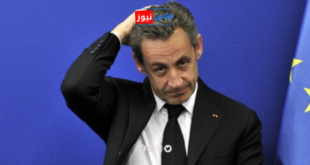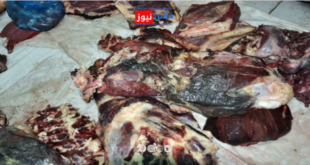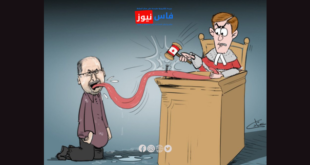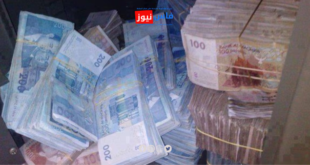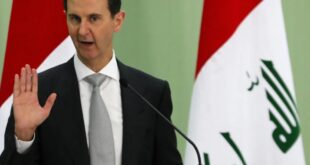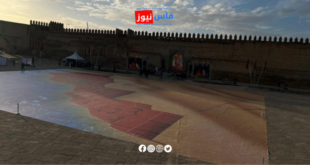The Palestinian Football Association has announced that FIFA has approved hosting the Palestinian national team’s matches in the 2026 World Cup qualifiers on home soil in Palestine. The 2026 World Cup finals will be held in the United States, Mexico, and Canada.
In a statement published on its official account, the Palestinian Association explained that it received a decision from both FIFA and the Asian Football Confederation (AFC) approving the Palestine-Jordan match in the qualifiers to be held at the Faisal Al-Husseini Stadium in Palestine.
However, the Association later noted that it received a message from both federations stating that holding the match in Palestine would not be possible due to time constraints and concerns about potential Israeli occupation interference with the arrival of the Jordanian delegation, technical staff, and federation delegations. Consequently, it was decided to hold this match in Malaysia.
According to the schedule, the Palestinian team will play its first away match against South Korea on September 5, followed by a match against Jordan on September 10 in Malaysia. The third match against Kuwait is scheduled to take place at the Faisal Al-Husseini Stadium in Palestine on October 15.
This marks the Palestinian team’s first-ever participation in the third and final round of the Asian qualifiers for the World Cup. They have been drawn in Group 2 alongside South Korea, Iraq, Oman, Jordan, and Kuwait. The top two teams from the group will qualify directly for the finals.
This development is considered a significant step for Palestinian football, as it allows the national team to play on home soil in front of their own fans, potentially boosting their chances of competing for World Cup qualification for the first time in their history.
The decision to allow home matches for Palestine highlights FIFA’s efforts to support football development in challenging environments and provides an opportunity for Palestinian fans to witness high-level international football in their own country. It also underscores the ongoing complexities of organizing international sporting events in the region, given the political sensitivities and logistical challenges involved.
 فاس نيوز ميديا جريدة الكترونية جهوية تعنى بشؤون و أخبار جهة فاس مكناس – متجددة على مدار الساعة
فاس نيوز ميديا جريدة الكترونية جهوية تعنى بشؤون و أخبار جهة فاس مكناس – متجددة على مدار الساعة


